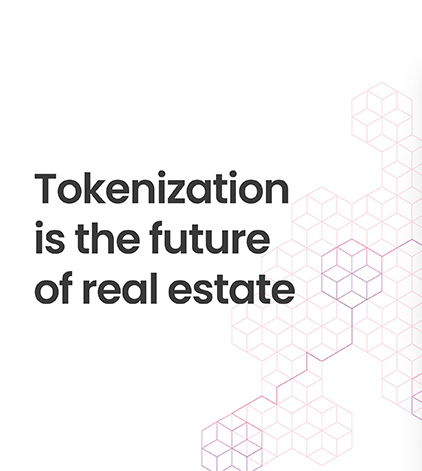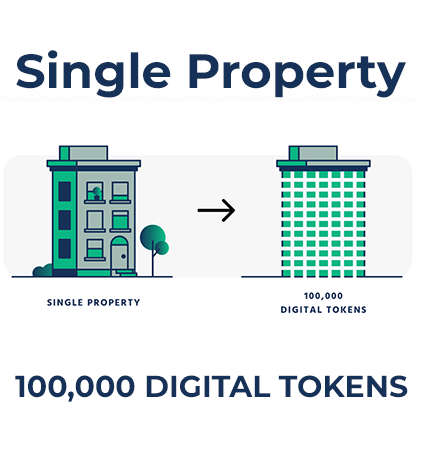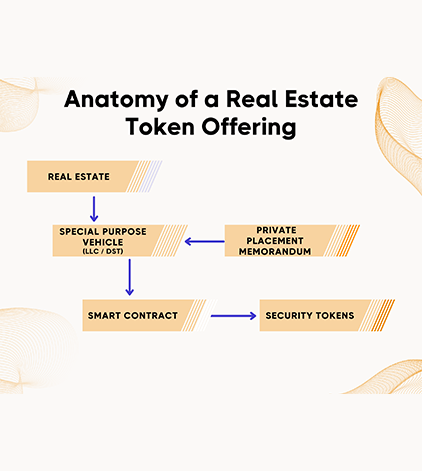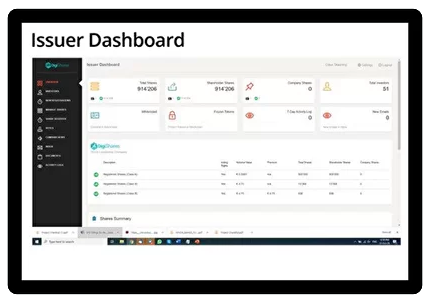RealFi Network is transforming urban landscapes by integrating residential, retail, and office spaces into dynamic mixed-use developments.
RealFi Network connects investors with high-demand mixed-use developments that integrate residential, commercial, and retail spaces for long-term asset value and community impact.

We acquire and develop mixed-use properties in rapidly growing urban districts, ensuring sustained demand and high appreciation potential.
Explore More
Our mixed-use projects blend residential, office, and retail spaces, enhancing community engagement and maximizing multi-channel revenue streams.
Explore More
Through smart urban planning and high-quality property management, RealFi Network delivers sustained growth and strong investor returns.
Explore MoreDiscover how RealFi Network is transforming urban landscapes with high-demand mixed-use developments. Watch the video to see how we provide global investors with diversified opportunities in residential, commercial, and retail real estate.
Invest in Thriving Urban Developments
Diversify Across Residential & Commercial Spaces
There are several notable case studies of successful tokenized properties and real estate projects that have demonstrated the success of blockchain-based tokenization in the real estate industry.
The real estate market faces acute challenges, including high investment barriers, limited liquidity, and accessibility constraints for individual investors, and international investor accessing the U.S. market.
High unit values in real estate create a significant barrier for potential investors. Traditional real estate investing often requires substantial capital commitments, making it inaccessible for many individuals. With residential property prices starting around $50,000 and luxury or commercial units valued in the millions, these high investment thresholds deter those who lack the resources or are unwilling to allocate such large sums to a single investment opportunity.
Fractional ownership allows multiple investors to co-own a property, reducing the individual financial burden and enabling smaller investment sizes. However, the traditional real estate market offers few opportunities for such ownership structures. While REITs (Real Estate Investment Trusts) provide one solution, they are often constrained by stringent legal and regulatory frameworks, limiting their accessibility and appeal to a broader investor base.
The real estate market is notoriously illiquid, with selling properties often being a lengthy and complex process. High unit values and extended transaction timelines further deter investor interest, creating significant barriers to entry. These challenges not only limit opportunities for investors but also pose obstacles for property managers and construction companies seeking to optimize their portfolios and cash flow.
Real estate sales agencies often charge commissions as high as 10%, adding substantial costs to transactions. Despite these fees, property managers are still required to invest time and resources into marketing individual units, further eroding profit margins and reducing overall returns.
